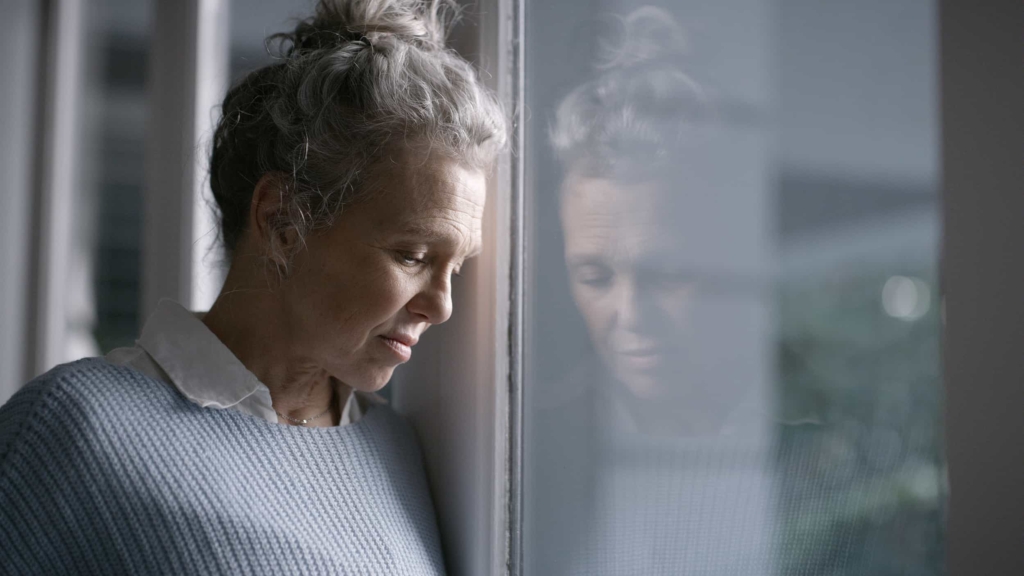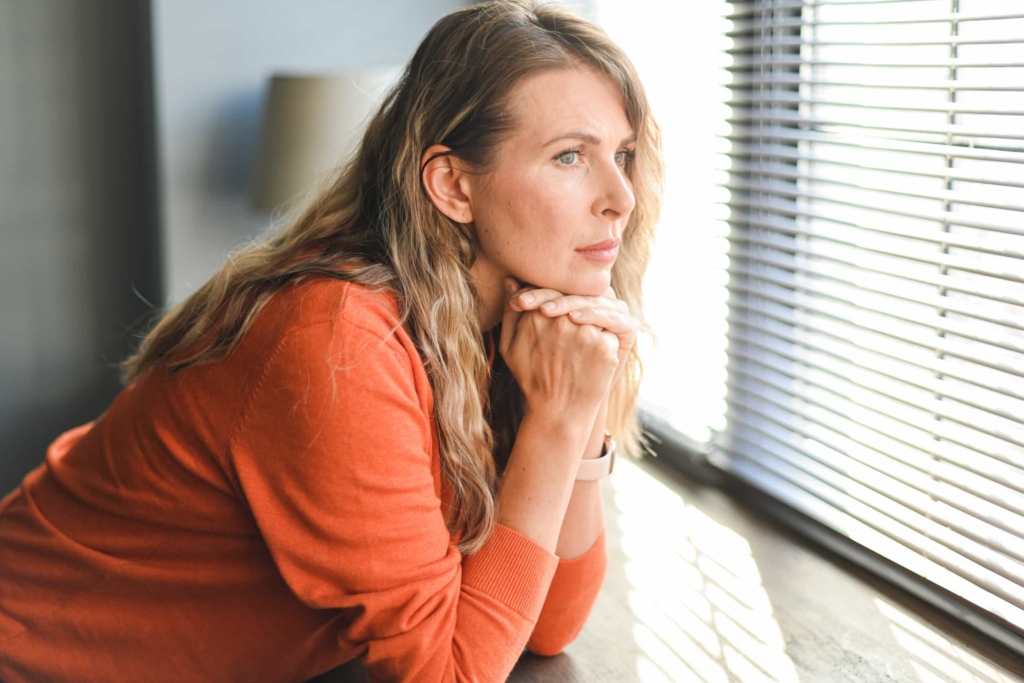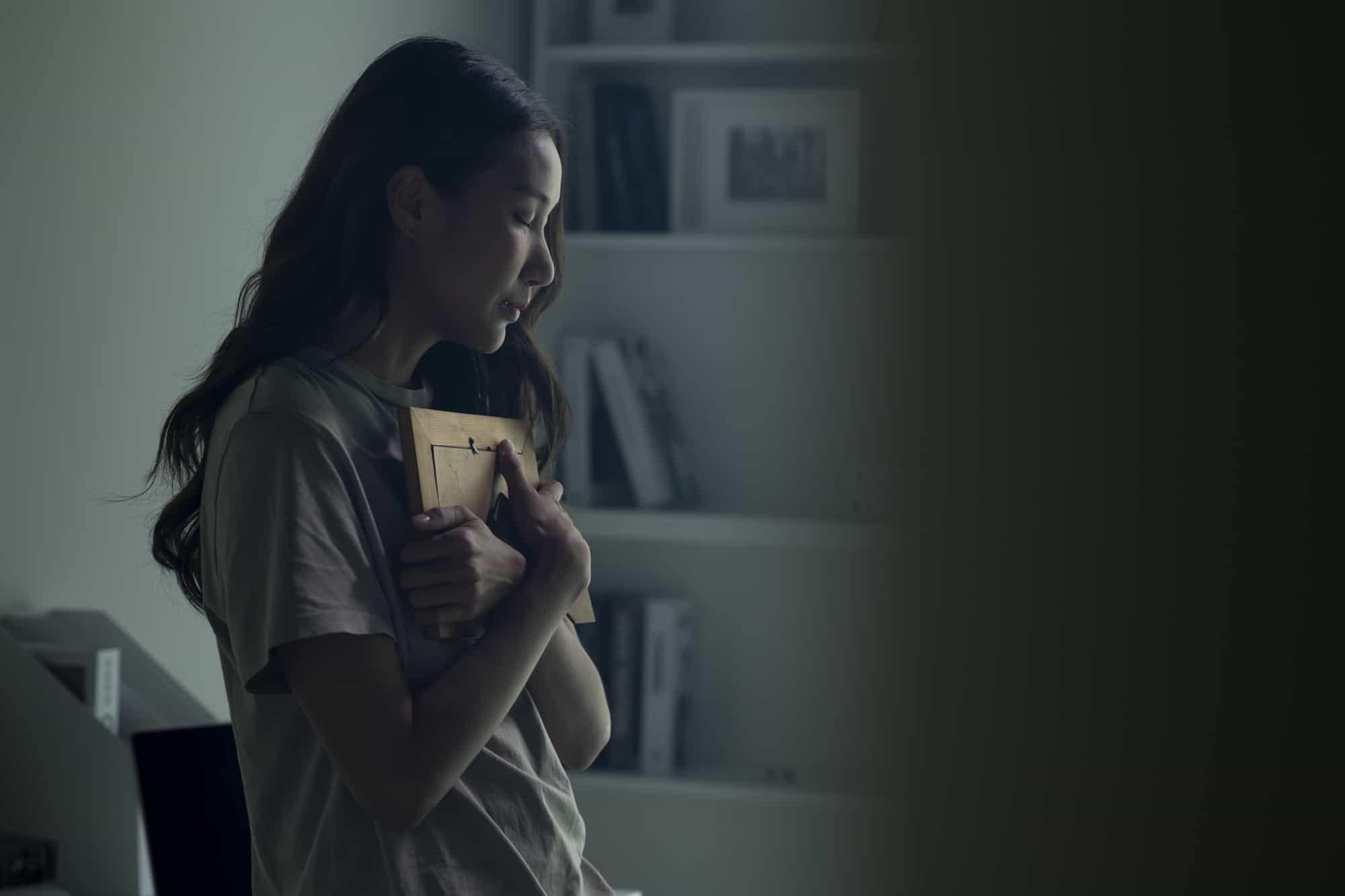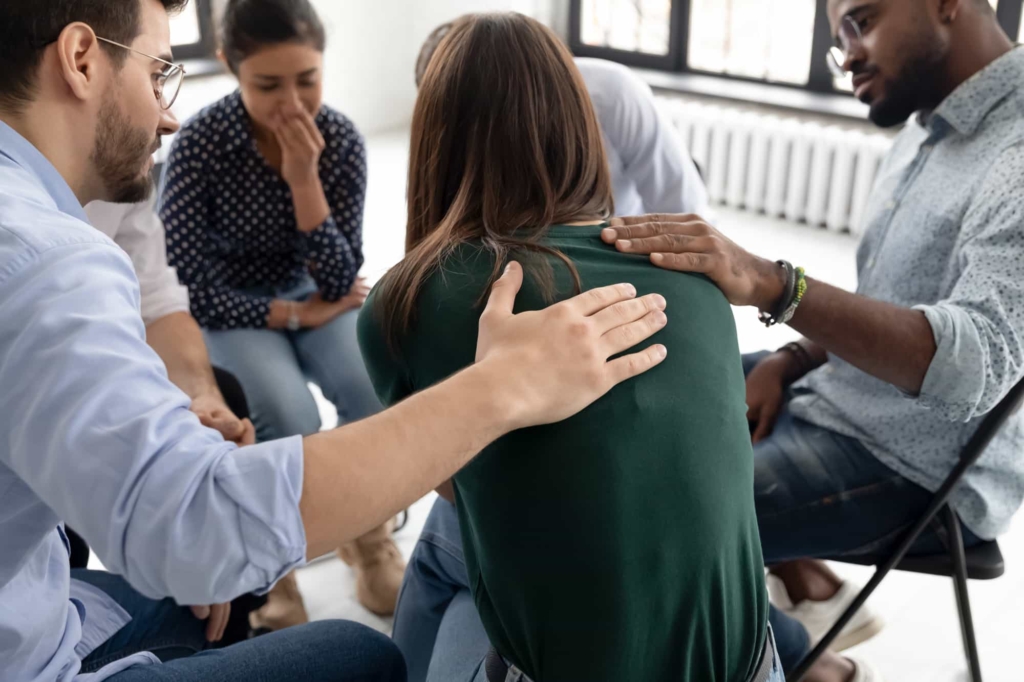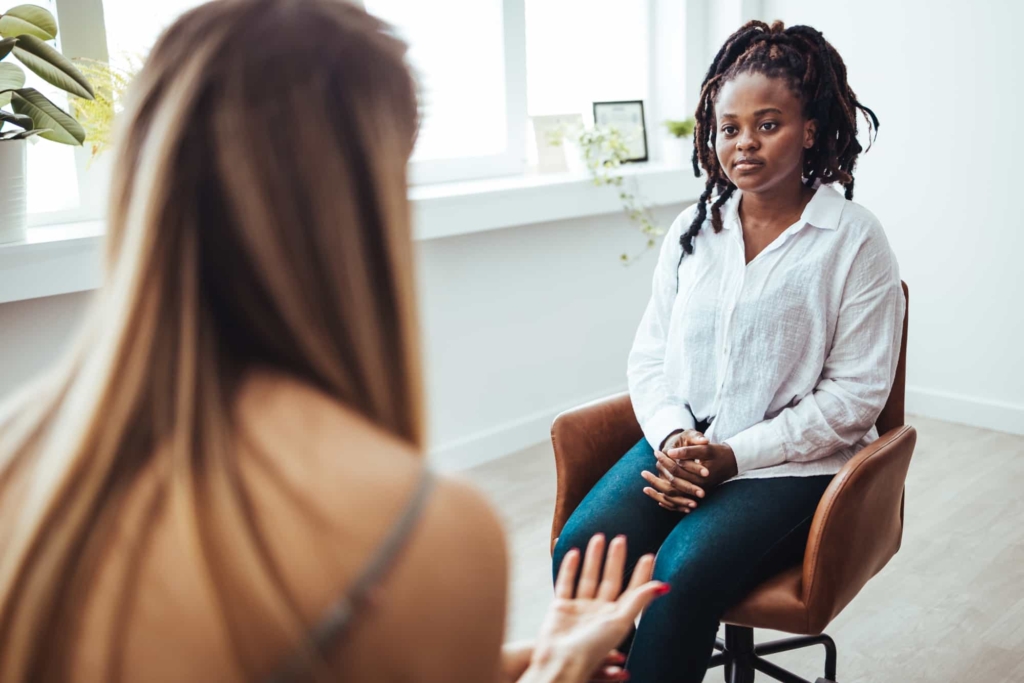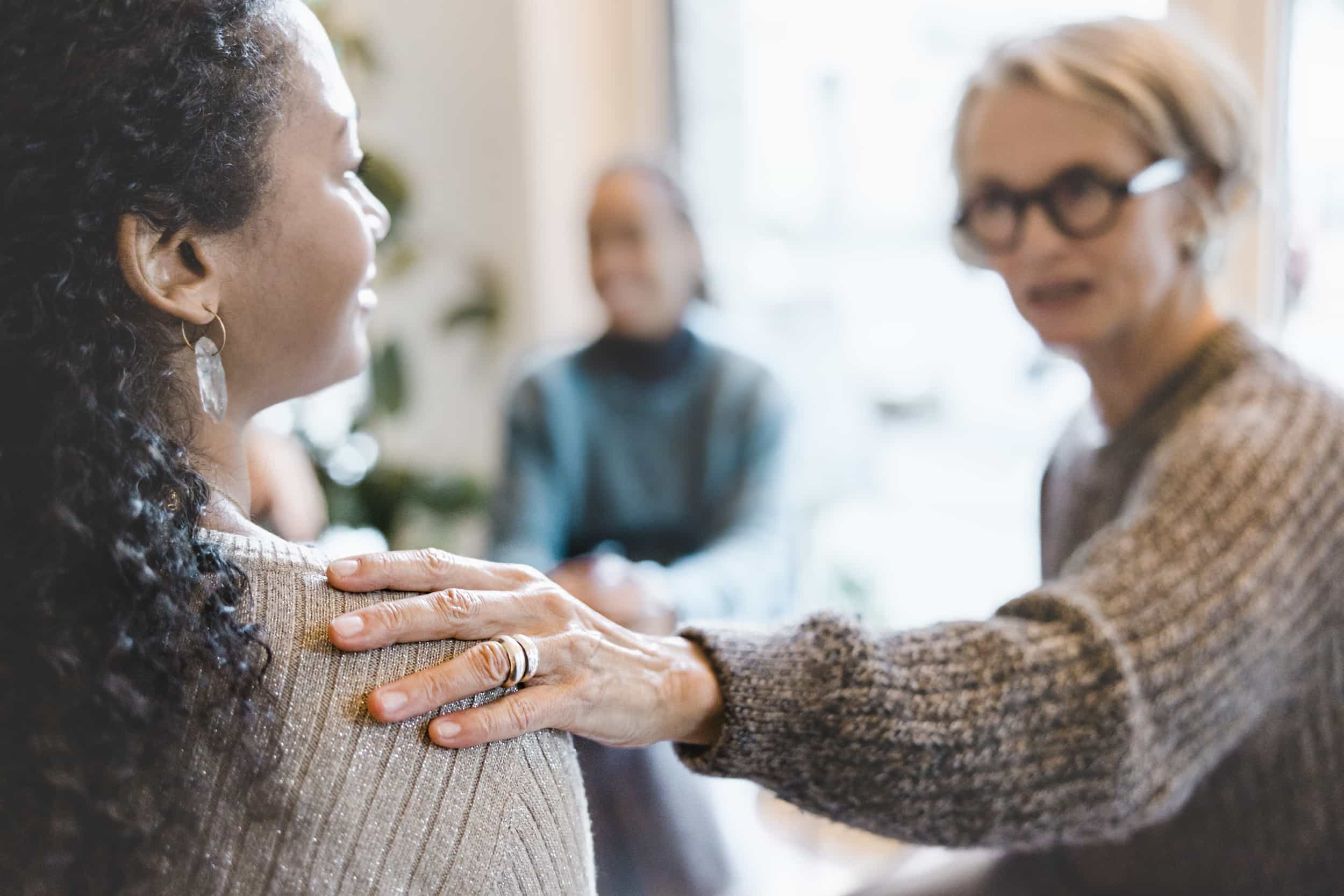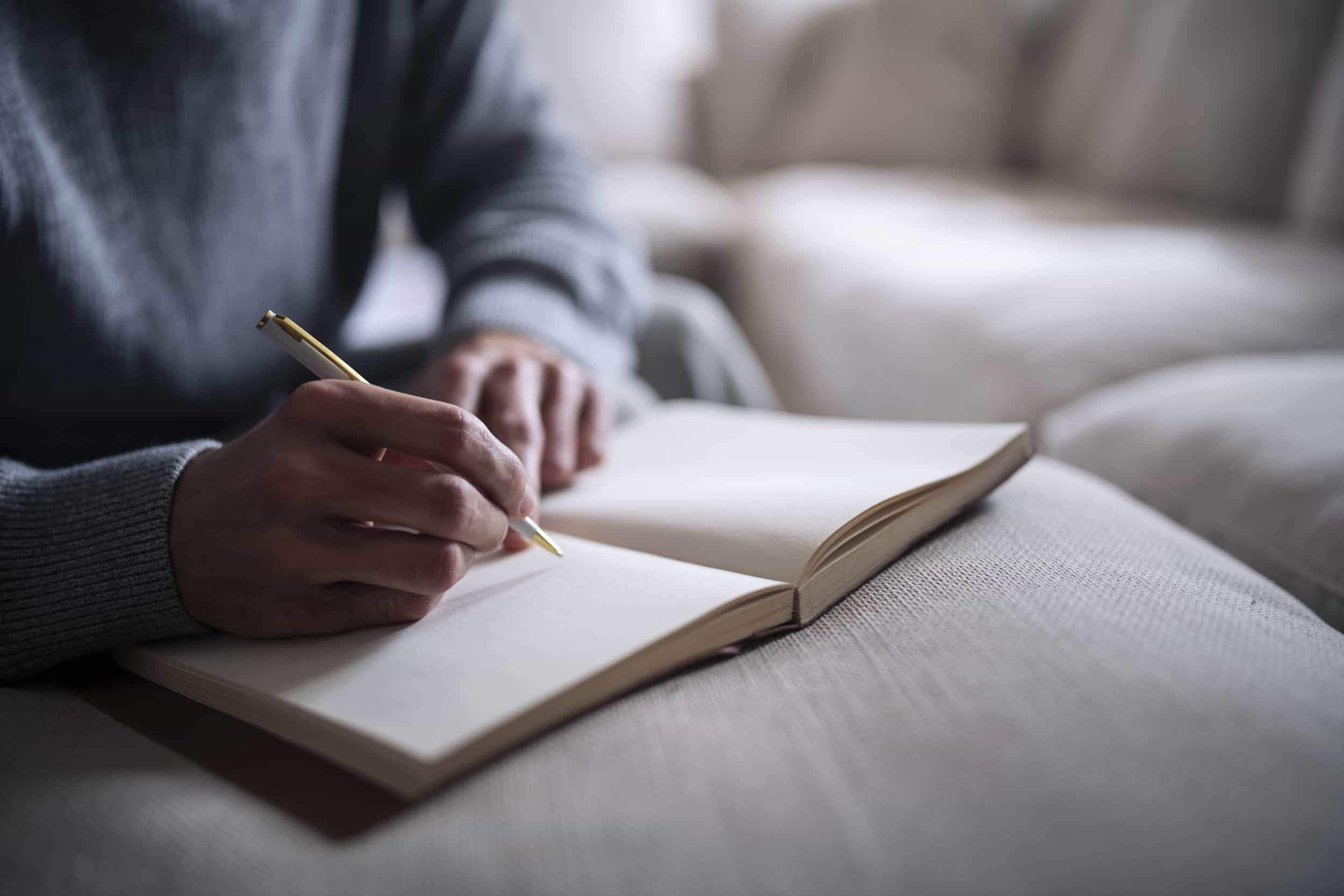
How a suicide affects loved ones and witnesses
“Out of the blue”
Dealing with suicide
Losing someone to suicide can be a harrowing experience. We want to provide you with information, point out sources of help, and encourage you to talk about your feelings and experiences.
You may feel guilt, shame and self-reproach. Maybe anger or resignation. You may even feel relief or just emptiness. These are normal reactions to a completely abnormal situation.
Each of these feelings is valid!
Get in touch if you want to talk.
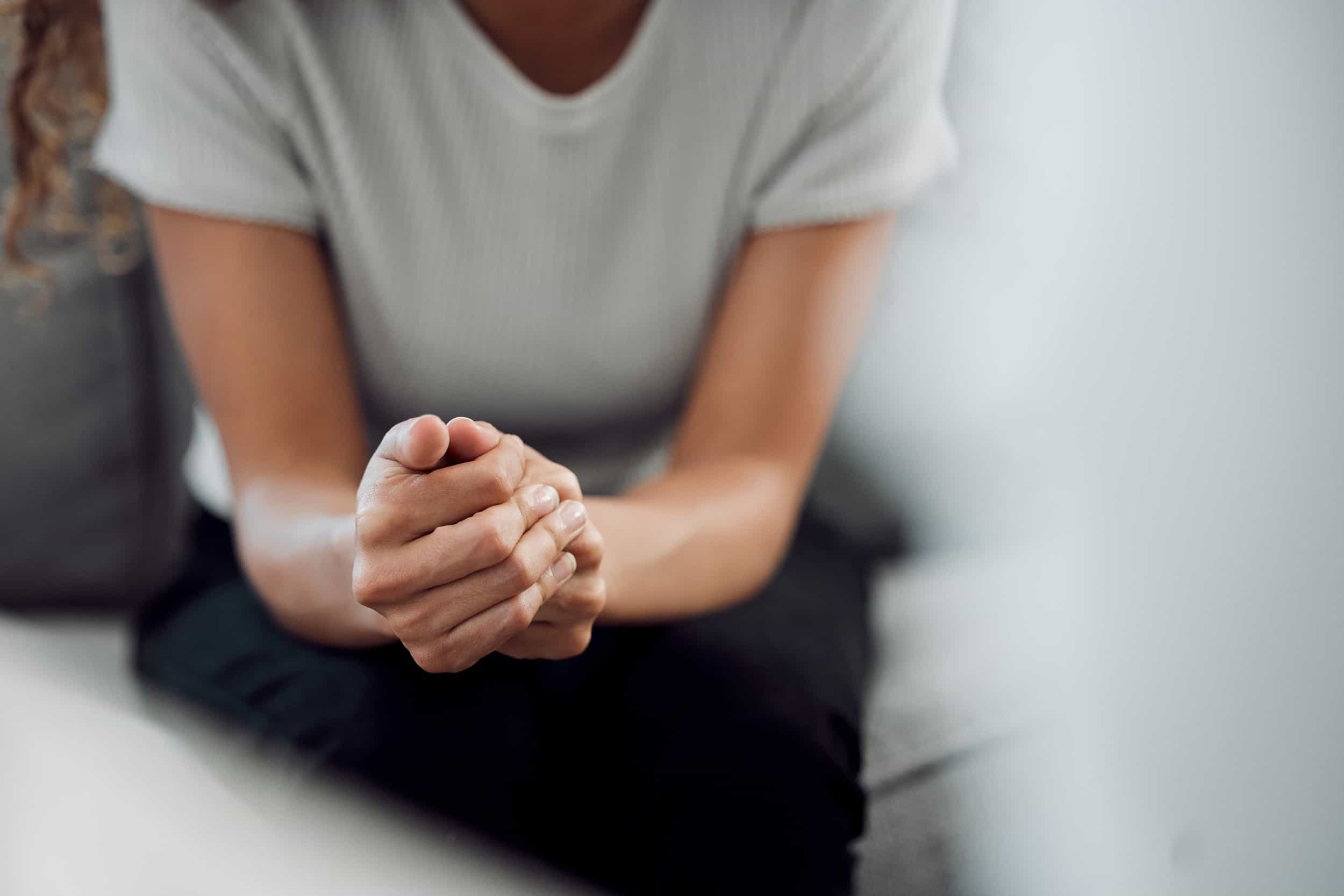
Information for survivors
- It is not uncommon to feel guilty or responsible, even if you are not to blame or responsible for the suicide.
- It’s okay if you need time to yourself. However, don’t be afraid to ask others for help
- It can help to talk about your thoughts and feelings that may come up during this difficult time.
- It is appropriate to take care of your own physical and emotional health.
- It is okay to remember positive memories and experiences with the deceased.
- It is okay to seek professional support in such an extreme situation.
- Get involved and help other affected individuals if you feel ready to do so and it is something you are comfortable with.
- Please do not take our advice as a to-do list. How you choose to deal with this loss is your decision.
Suicide – help for relatives
Especially in the first hours and days after the suicide, the bereaved have hardly any time for mourning and processing. Many things have to be clarified and organized, which is often associated with enormous psychological stress.
The first shock
Friends or acquaintances can be of help but are often overwhelmed as well. Who could possibly be familiar with the subject of suicide and knows what exhausting official processes are involved? And not everyone has such a social network. In this case, we can recommend you the low-threshold offers of the BeSu Berlin or the AGUSs self-help groups.
Grief after suicide
Losing a loved one to suicide is very painful. You may take all the time in the world to grieve, accept your feelings, and process them. It is a long road, but you are not alone and there are people and organizations that can help you.
Don’t be ashamed to ask others for help. There are many places where you can find help for loved ones after a suicide and share with others who have had similar experiences.
Tips for relatives, witnesses and others affected.
Even for people who did not know the victim but were directly confronted with his or her death, this situation and the time afterwards can be stressful. In this process, some people experience very individual reactions that can help them process what they have experienced.
Acute crisis intervention is ultimately the same as for other serious events. The following processing strategies can assist both loved ones and witnesses in the aftermath of the suicide.
Conversations
Talking with loved ones and friends can be a helpful way to cope with loss. Talk to people close to you about your feelings and thoughts and let them support you. Sometimes it’s hard to find the right words – both for the bereaved and for those they talk to. But it is important not to remain alone and not to withdraw.
Talk! Again and again! Seek social support. Perhaps from people who knew the deceased person. Maybe from people who did not know the deceased person. Anything can be right for you in this extraordinary situation.
Support groups
In support groups, you will meet other people who have had similar experiences and understand what you are going through. You can share experiences, support each other, and find ways to cope with the loss together.
You can find a list of local support groups in our help finder by clicking the button below this paragraph. Since the offer of self-help groups for suicide relatives is constantly changing, it is worthwhile every now and then to search the pages of the Self-Help Contact and Information Center Sekis or from the German Society for Suicide Prevention (“Deutsche Gesellschaft für Suizidprävention”).
Important to know.
In these self-help groups, bereaved people give each other support after suicide.
The groups are self-organized by suicide victims and are usually not led by professional therapists or counsellors.
Professional counseling
After a suicide, you can always turn to various counseling centers. There are, for example, psychologists or social workers who are trained to listen to you and support you. There are telephone counseling centers, on-site counseling centers or online services such as mail or chat counseling.
Psychotherapy
People who have lost someone close to them through suicide can also seek professional help from psychotherapists. They can help you cope with your grief and show you ways to deal with the loss.
You can find a list of psychotherapists in your area on the Chamber of Psychotherapists (“Psychotherapeutenkammer”) website.

Important to know
We know that the supply of psychotherapists who are allowed to bill their services to the statutory health insurance (the so-called “Kassensitz”) does not meet the current demand. Long waiting times or even closed waiting lists are the rule.
A good possibility to get a therapy place a little faster is offered by the different psychotherapeutic training institutes. There you will be supervised by psychotherapists in training. The quality of your therapy is not endangered by this. You can find a list of all psychotherapeutic training institutes in Berlin here.
In certain cases, however, it is possible that treatment by psychotherapists who are not licensed by the health insurance company will be covered by your health insurance.
Therefore, ask your health insurance company explicitly for the keyword “cost reimbursement procedure” or “Kostenerstattungsverfahren”.
Important to know
Witnessing a suicide can be a incisive experience.
How close you were to the deceased is less important for the psychological consequences than you might think.
Even if you “only” witness a suicide indirectly, this event can weigh heavily on you. If you feel the need to talk,
you should not be afraid to take advantage of one of our contact offers.
You can’t go wrong in doing so.
